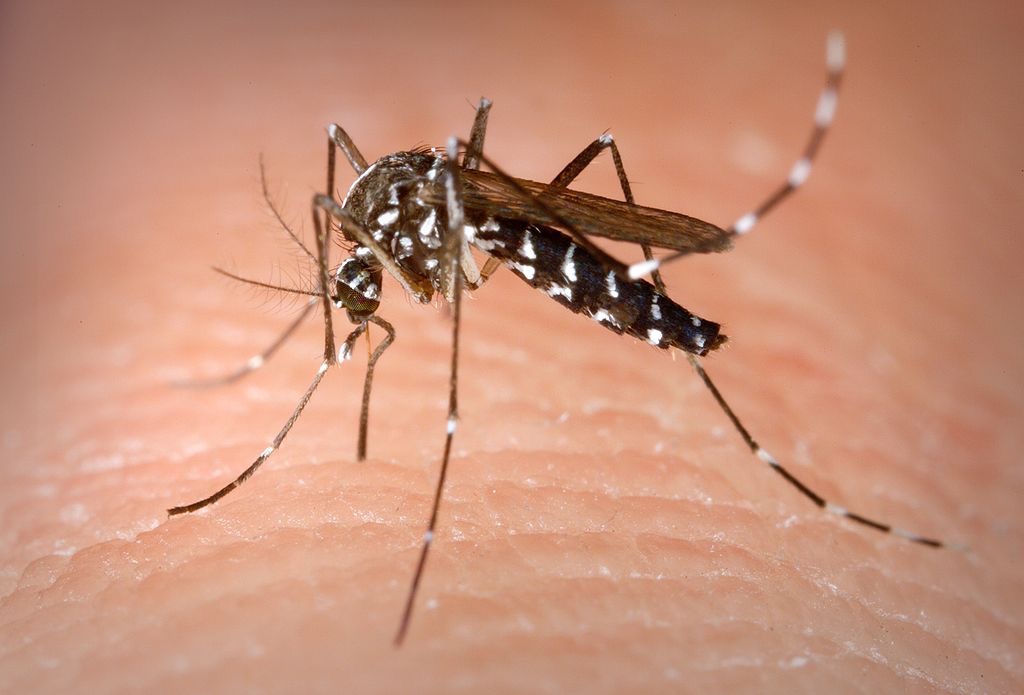Catégorie
Ont collaboré à ce numéro
 Ali Bin Al Hussein
Ali Bin Al Hussein Amb. Bazhat Sh. KHAN
Amb. Bazhat Sh. KHAN Christiane TAUBIRA
Christiane TAUBIRA FIFA
FIFA Francophonie
Francophonie IFSAO GENEVE
IFSAO GENEVE LibresEnsemble
LibresEnsemble M. Adama DIENG
M. Adama DIENG M.S.F
M.S.F Médiapart NOUMBELANE
Médiapart NOUMBELANE Mme Fatou TANDIANG
Mme Fatou TANDIANG Mme Michelle JEAN
Mme Michelle JEAN Ms Anoushka RAI
Ms Anoushka RAI NATIONS UNIES
NATIONS UNIES SENFPU 10
SENFPU 10 UN HUMAN RIGHTS
UN HUMAN RIGHTS Compte Utilisateur
Audios
Souscription
Le groupe
Directeur de publication
· Elh Gorgui W NDOYE
Rédacteur en chef
· Elh Gorgui W NDOYE
Comité de Rédaction
·
El hadji
DIOUF
·
Papa Djadji Guèye
·
Responsable Informatique
· Alassane DIOP
Responsable Gestion
· Cécile QUAN
Webmaster
· REDACTION
Contact
Salle de Presse
N0 1 Box 35
8, Avenue de la
Paix Palais des Nations Unies
1211- Genève 10 Genève Suisse.
Téléphones
+41 22 917 37 89
+41 76 446 86 04
Service
Téléphone
· Suisse:
+41(22)917 37-89
+41(76)446-86-04
Ou envoyez un courriel à Info@ContinentPremier.com
Autres Liens
Zika: Why didn’t we learn more from Africa where it emerged since 1952?

Although there is currently a horrifying outbreak in Brazil, which has been a dominant subject within the media, Zika is present in roughly 48 countries, two of which are African: Cabo Verde and Gabon.
So far, it has been reported that the impact of Zika is greater at the moment in the South American region. Frequent reports have been issued upon the presence of Zika and its effects in Brazil, however the emergence of the virus can be traced back to over 60 years ago in Uganda. Would we have been more prepared to face the current Zika outbreak if there had been more research and more awareness raised on its impact upon Africa?
(United-Nations- GENEVA)-As stated by the spokesperson for WHO (World Health Organisation) during a UN press briefing, there appears to be more of a natural immunity to the Zika virus in the African region rather than in Brazil. The Zika virus has had a devastating impact upon victims in Brazil, and it has started to spread across both South and Central America. It has recently been considered to be linked to the neurodevelopmental disorder, microcephaly.
Tensions and concerns are extremely high in South America at present, in regards to the possible risk that Zika could also cause Microcephaly in babies and children.
Fadila Chaib, spokesperson for WHO, has declared that in response to the dramatic rise of Zika cases in Brazil, Margaret Chan, the director general, has met with the Brazilian minister of health to evaluate the Zika situation and documents have been issued regarding mums and children with the Zika virus and how to cope with a child that could potentially be born with a small sized head.

Nous lire dans
· FaceBook
Tweet· Twitter